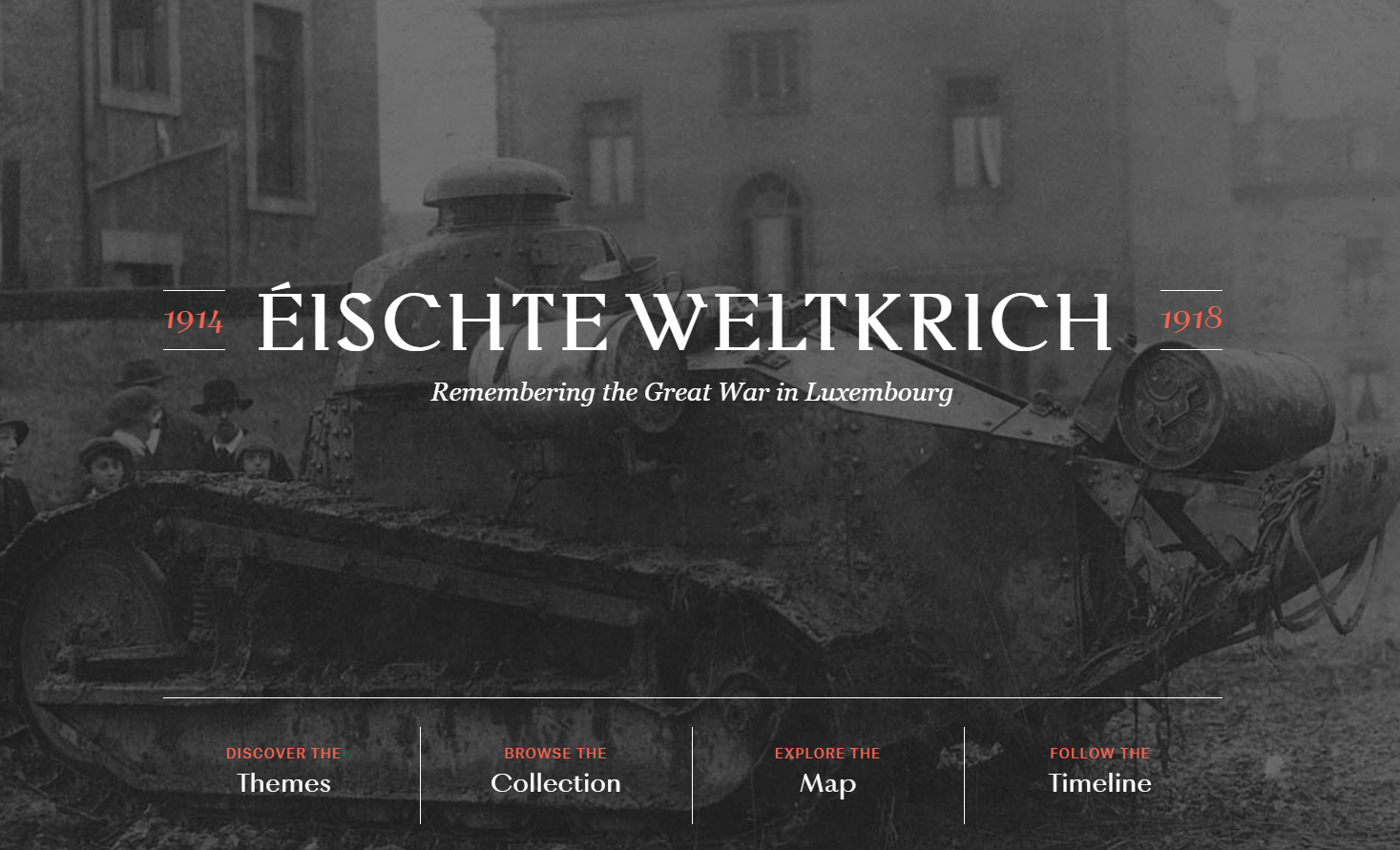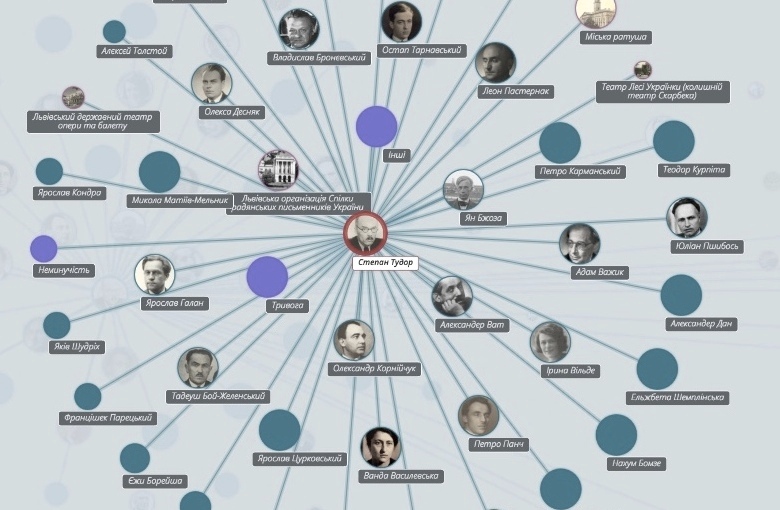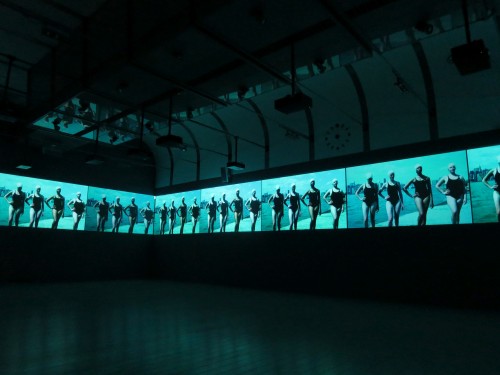Visible Objects and (In)Visible Senses: Research Strategies in History and Humanities
December 22, 2016
Center for Urban History, Lviv
The subject of this year seminar is the visibility of material evidence and invisibility of ideological decisions and their interpretations. We shall addresses questions about interpretation of the "discovered" and "created" evidence (visible content), and about engagement of a researcher with the historical evidence (invisible content). Should institutional/non-institutional archives digitize and publish all collections or should they more thoroughly select what should be collected/stored and provide research-based justifications for digital collections? The seminar also aims to raise the issue on the extent the digital ideologies of historical/archival use and interpretation of data should influence decisions about data research, public preservation and accessibility.
Program of the Seminar:
11.00 – 13.00
Block 1. Artifacts: This block raises the issue about whether (visual) artifacts have politics? If yes, what questions can help us reveal this politics?
Oleksiy Chebotariov: "What Can We Extract From a Photo: On Photographs From Industrial Collections of UMA"
What can we extract from the image? People – space – events, what are the realities on both sides of the camera? How do we ‘read’ the idea, motifs and involvement of a photographer in the creative process?
Oleksandr Makhanets "Photography Practices in Soviet Lviv"
The presentation discusses recently added scans of private Lviv collections of Urban Media Archive of late Soviet period.
Block 2. Technologies: This block raises an issue about whether technologies have politics? If yes, what questions can help us reveal this politics? Why there is no history of Soviet Ukrainian Television?
Bohdan Shumylovych: "Television, Metadata and Historical Research"
Why is it important to digitize television archive? How such blurred and mixed data can help us better understand history? Can television antenna become an actor of historical research?
14.00 – 16.00
Block 3. Visual and digital methodologies: This block raises the issue about whether methodologies have politics? If yes, what questions can help us reveal this politics?
Anna Chebotariova: "How (Not) to Lie With Maps: 3D Visualization of Sociological Data"
The presentation discusses the issue of data visualization of two rounds of survey within the project "Region, Nation and Beyond" (corpus from 2013 and 2015). To visualize data researchers used Open Street Maps, 3D Maps and ArcGis. As it is known, a corpus of surveys is never consistent, unlike the census, for instance, that has its own disadvantages, though. That is why there are some challenges and the scope for research and/or ideological manipulation in mapping the data. We shall talk about the pitfalls in visualizations and the ways to avoid them.
Natalia Otrishchenko: "Catch Me If You Can: On Validity and Reliability of Coding Visual Data"
The presentation will discuss the results of a methodological experiment on coding projective drawings.
Additional reading for the seminar:
- Living for the Moment in the Age of Memory Abundance
- What do I Like When I "Like" on Facebook?
- Conscience of a Machine
- Dead and Going to Die
Digital History Seminars (DHS)present methodological, ethical and theoretical implications of making, collecting and analyzing photographs and video recordings as evidence about the worlds in which people live. It also focuses on educational appropriation of historic visual data to develop attractive, knowledgeable presentations and lectures for various audiences. The DHS are designed to explore these challenges and opportunities with participants interested in evidence-based visual inquiry and examine visual materials as research data and analytical tools, as teaching and reporting resources.
Three major blocks of Digital History Seminars :
- Artifacts (photographs, files, films, etc.)
- Technologies (camera, antenna, screen, printing, program, etc.)
- Visual and digital methodologies (meaning and analysis)
Organizers:
Center for Urban History, UMA (Urban Media Archive)





